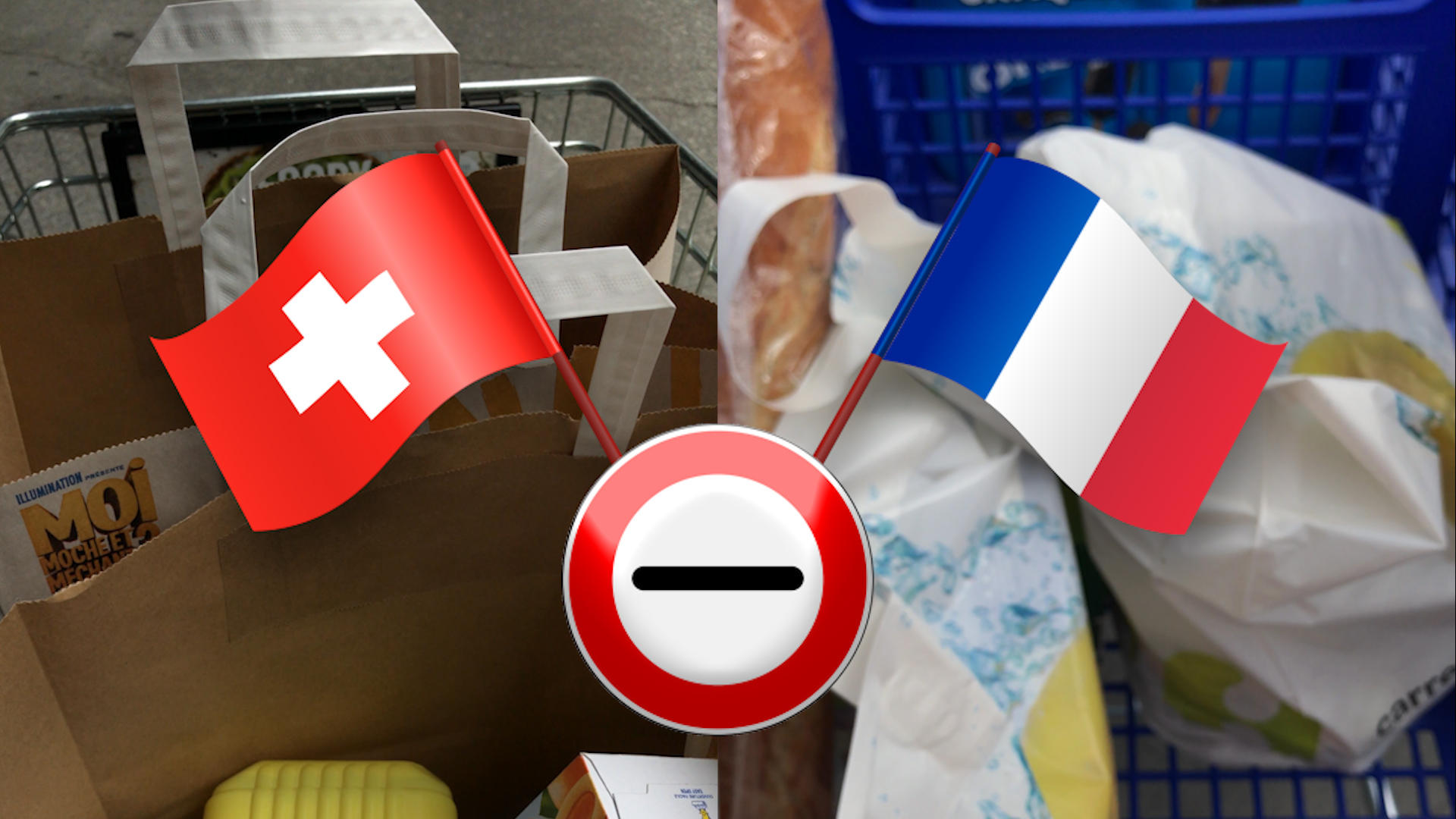
How far does CHF6,000 really get you in Switzerland?

Salaries in Switzerland can seem high to people living in other countries, but a look at the expenses facing Swiss residents tells a different story.
When travelling abroad, especially to countries with much lower wages, the Swiss may immediately try to change the subject, or even lie shamelessly, when asked how much they earn. How to explain that your monthly income of CHF5,500 to CHF6,500 ($5,520 to $6,530) simply cannot be compared with the salaries earned by those around you?
To make sense of the Swiss situation, let’s delve into the financial affairs of people working in the country, using data from the Swiss Federal Statistical Office’s household budget survey.
Mario is our typical Swiss resident. He is 30 years old, lives on his own and is a commercial employee. He earns exactly the country’s average wage of CHF6,250 a month.
A salary can vary considerably depending on a person’s profession and location – employees in Zurich and Lugano do not earn the same amount for the same job, for example. Mario, who works for a finance company, could earn over CHF 7,000 a month in Zurich, according to the official Swiss salary calculatorExternal link. But in less expensive Ticino, he nets CHF1,000 less.
Pension funds, rent and taxes
At the end of the month, however, Mario will not see CHF 6,250 on his pay cheque. Around CHF550 will have been automatically deducted for old-age pension, unemployment insurance, non-professional accident insurance and the occupational pension scheme or “second pillar” funds (savings that will be returned to him on retirement). Mario’s employer will thus have paid CHF5,700 directly into his account.
After receiving his salary, Mario will then have to pay taxes. Unlike in many other countries, such as Britain, these are not docked directly from his salary (though this depends on the terms of his residence permit). Ultimately, he will therefore have to pay another CHF850 or so to the taxman. The exact amount can vary greatly from one Swiss canton to the next, and even from one municipality to the next.

More
Switzerland vs France – the shopping basket price challenge
On top of this come the expenses linked to Mario’s apartment: rent, electricity, heating, water, rubbish disposal tax, and so on. These total around CHF1,250 a month for a small apartment. Anyone wanting something even a little bigger should expect to pay at least CHF500 more. And in cities like Zurich or Geneva, the price of a small abode (e.g. a two-bedroom flat) can easily exceed CHF2,000.
The health insurance drain
Among his other fixed expenses is, of course, health insurance. This is compulsory and a big drain on household budgets: on average, it costs CHF330 a month for a single person. That amount doubles for a married couple, since there are no family discounts. And each child up to the age of 18 will cost at least another CHF100 a month. That makes the health insurance bill for a family of four nearly CHF1,000 a month.
But depending on the model Mario chooses, he may still have to pay deductibles on top of those monthly premiums for doctor and hospital visits. And compulsory health insurance does not cover some costs, such as non-prescription medicines, dentistry and glasses.
Then there are other insurances. Unlike many Swiss, Mario has not taken out all-risks coverage. He makes do with the minimum: civil liability (mandatory in some cases) and car insurance. But these still amount to about CHF100 a month.
Then come his fixed telecommunications costs. The audiovisual licence fee, cable or satellite subscription, and mobile and landline telephone bills will eat up an additional CHF150 every month.
Variable expenses
So, after paying his fixed expenses, Mario has around CHF3,000 left. A tidy sum, one might say. But we have not yet considered his transport costs, which total on average CHF460 a month for petrol, car depreciation, bus and train tickets.
And he still has to nourish his body and mind. Shopping in Swiss supermarkets is considerably more expensive than in Italy, France or Germany. The price of meat, for example, is 152% higher than the EU average. Clothes cost 34% more.
According to data from the Federal Statistical Office, a single person spends on average CHF450 a month on food and drinks, CHF130 on clothes and shoes and CHF300 on furniture, household items and personal hygiene.
Half-a-million poor
If groceries are expensive, restaurant bills can give a diner indigestion. A pizza, beer and coffee can easily set you back CHF30 in Switzerland. The Big Mac IndexExternal link shows that the same burger that sells for $4.80 in Italy and $5.30 in the United States tops the charts at $6.74 in Switzerland. That makes Mario’s monthly costs for restaurants and entertainment – such as a movie or a night out – about CHF700.
Some more expenses are still missing from this hypothetical calculation. For instance, a single person spends on average CHF215 a month on gifts, drinks and dinner invitations for friends. But since Mario is stingy, we have not included this entry in our table. Nor have we considered any possible alimony payments for children living with an ex-spouse, or life insurance (CHF360 on average).
Mario can consider himself lucky. He has a good job and, after deducting all his fixed and variable expenses, he still has CHF 850 left over every month. But one would only need to change some of the variables, such as renting a slightly larger apartment or having a dependent child, to see that a salary of CHF6,250 a month certainly does not mean that he can live like a king.
And a significant portion of the Swiss population does not have a salary like Mario’s. Of the country’s eight million people, half-a-million live in poverty and another half-million are at risk of it.

In compliance with the JTI standards
More: SWI swissinfo.ch certified by the Journalism Trust Initiative































You can find an overview of ongoing debates with our journalists here . Please join us!
If you want to start a conversation about a topic raised in this article or want to report factual errors, email us at english@swissinfo.ch.